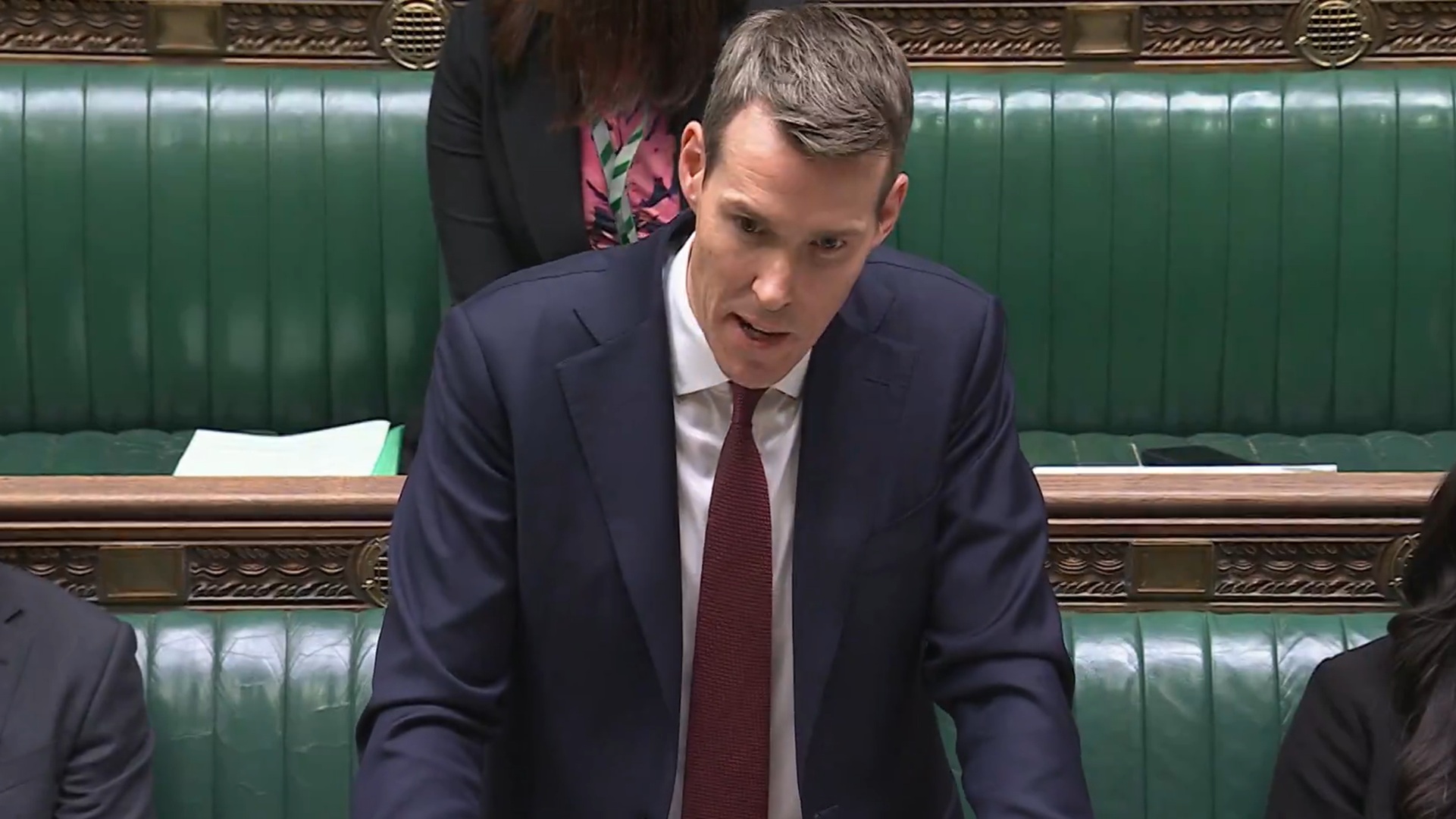“Our Renters’ Rights Bill does just that, and it needs to receive royal assent as quickly as possible so that England’s 11 million private renters can benefit from its provisions.”
A change to make tenants pay backdated amounts of increase rent after a first-tier tribunal ruling was among the amendments overturned on Monday,
Pennycook also encouraged MPs to vote against amendments related to pet ownership which had been voted through in the Lords.
The government’s bill, like the Tories’ Renters Reform Bill before it, called for landlords to accept renters’ requests to keep a pet to be accepted unless there was a “reasonable excuse”.
But peers amended the bill to make that request conditional on tenants taking out or paying for pet damage insurance. Another Lords change meant tenants would have to pay an additional deposit, equivalent to three weeks’ rent, if they want to keep a pet.
Pennycook rejected both, arguing that the deposit would cost the average tenant in England over £900, outweighing the average deposit deduction for pet damage of £300.
Advertising helps fund Big Issue’s mission to end poverty
Read more:
The housing minister also turned down changes to possession grounds relating to student housing and allowing a landlord to evict a tenant to house a carer for themselves or a member of their family.
The amendment to reduce a limit on re-letting or re-marketing a property after an eviction from 12 months to six was also overturned.
Peers also introduced a technical change that would require local authorities to meet the criminal rather than civil standard of proof when imposing penalties for rental discrimination and rental bidding breaches. The bill will make discriminating against renters receiving benefits or with children illegal and will also take action to prevent landlords and letting agents from stoking bidding wars.
Pennycook said the higher standard will “make local authority enforcement extremely challenging, and would be prohibitively resource-intensive”.
However, the government did make some concessions on calls for the legislation to bring service family accommodation into the scope of its modernised decent homes standard. Pennycook said the government will now publish an annual report into the standard of military accommodation.
Advertising helps fund Big Issue’s mission to end poverty
A National Farmers Union-backed amendment to allow agricultural landlords to evict assured tenants in order to house both employees and non-employed workers engaged in agriculture was allowed to remain.
The Renters’ Rights Bill is largely based on the Renters Reform Bill that failed to pass into law before the Tories were voted out of power at last year’s general election.
But that didn’t stop shadow housing secretary James Cleverly from criticising the bill and warning that it would drive landlords out of the sector – a disputed complaint.
“The bill is clearly a mishmash of measures on issues that are backbench hobby horses – issues that those on the front bench do not have the authority or the courage to put to bed,” said Cleverly.
“It is entirely counterproductive, as has been recognised and highlighted by their lordships in the other place.
“The bill risks driving private landlords out of the sector, reducing the supply of private rented accommodation and pushing up rents for those in the private rented sector. Limiting the supply of such accommodation means limiting the options for tenants in the private rented sector, and leaving them worse off.”
Advertising helps fund Big Issue’s mission to end poverty
Once the bill comes into force, there will be an implementation period, Pennycook confirmed.
The new tenancy system will apply to both existing and new private tenancies, delivering on the Labour manifesto promise to ban no-fault evictions immediately, albeit at a date ministers are yet to confirm.
That has drawn criticism from Ben Beadle, chief executive of the National Residential Landlords Association.
He said the government has not “provided the clarity that renters and landlords desperately need to prepare for the Renters’ Rights Bill’s arrival”.
“The government needs to make clear how long after this it expects to begin rolling out the widespread reforms. The sector cannot operate, and plan, based on vague and ambiguous statements,” said Beadle.
“At least six months will be needed, after regulations are passed, to ensure a smooth transition to the new tenancy system. Anything less will be a recipe for confusion and chaos.”
Advertising helps fund Big Issue’s mission to end poverty
But the long wait for renters looks to almost be at an end.
Danny Beales, the Labour MP for Uxbridge and South Ruislip, said in the debate that the legislation is “one of the most important impactful bills currently before parliament”.
Before becoming an MP, Beales told Big Issue how he had experienced homelessness as a youngster.
“I say that not as someone who has seen a few emails in my inbox, but as someone who has felt the impact of the sector, having experienced homelessness twice in my teenage years and having been evicted through a section 21 eviction,” he said.
“As a renter as an adult for many years in London, I know the worry that many go through when pushing for simple repairs to be made or for mould to be addressed, fearing that ultimately their reward for asserting their legal rights will be a section 21 eviction.”
Do you have a story to tell or opinions to share about this? Get in touch and tell us more.
Advertising helps fund Big Issue’s mission to end poverty
Reader-funded since 1991 – Big Issue brings you trustworthy journalism that drives real change.
Every day, our journalists dig deeper, speaking up for those society overlooks.
Could you help us keep doing this vital work? Support our journalism from £5 a month.





